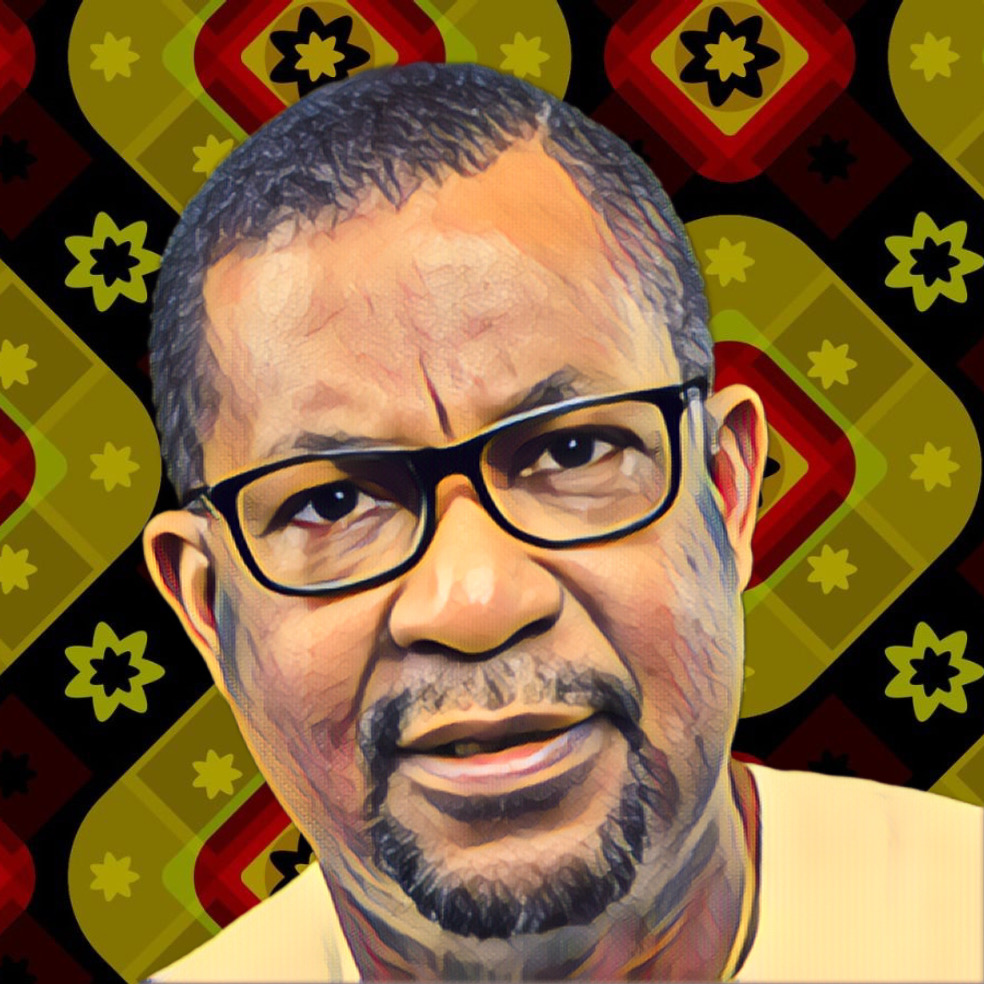In a significant development within Nigeria’s judicial circles, Olu Agunloye, the former Minister of Power and Steel, was granted a N50 million bail on Wednesday. The decision, made by Justice Jude Onwuegbuzie of the Federal Capital Territory High Court, follows Agunloye’s arraignment on serious charges of fraudulent contract award and official corruption.
The former minister, initially remanded in Kuje Correctional Centre, faced seven counts relating to his tenure. The allegations, steeped in claims of misappropriation and abuse of power, have stirred public attention, spotlighting the ongoing battle against corruption in Nigeria.
During the court session, Agunloye’s legal representation, Adeola Adedipe, passionately argued for his client’s release. Adedipe emphasized that Agunloye posed no flight risk, citing Section 352(4) of the Administration of Criminal Justice Act. This section underlines that even if the accused absconds, the trial can proceed, ensuring justice is served where necessary.
The prosecution, however, stood firm against the bail plea, highlighting the gravity of the charges. Nonetheless, Justice Onwuegbuzie, weighing the arguments, opted to grant bail. His decision reflected a careful balance of judicial discretion and the legal rights of the accused.
The bail conditions set by Justice Onwuegbuzie were stringent. They included the requirement for two sureties, each possessing verifiable assets worth N300 million and a Certificate of Occupancy. These sureties, mandated to be residents within the Federal Capital Territory, must be individuals of repute and substantial means. Additionally, Agunloye is required to surrender his passport and commit to attending all subsequent court hearings.
This bail grant marks a critical juncture in a case that has captured the nation’s attention. Agunloye’s involvement in the $6 billion Mambilla Hydropower Contract remains a central piece of the investigation conducted by the Economic and Financial Crimes Commission (EFCC). The case’s intricacies and its implications on Nigeria’s anti-corruption efforts are being closely watched.
As the legal proceedings unfold, the case against Agunloye is poised to be a litmus test for Nigeria’s commitment to uprooting corruption. The adjournment of the case to February 12 offers a brief pause in a saga that has implications for both the nation’s power sector and its legal system.
Agunloye’s case represents more than just an individual’s battle in court; it’s a window into the ongoing efforts to cleanse Nigeria of corruption. With the EFCC’s continuous investigations and the judiciary’s actions, this case could set precedents for how high-profile corruption cases are handled in the future.
In a country where the fight against corruption is a key governmental promise, the outcome of Agunloye’s trial will be a significant indicator of progress. As the nation waits for the next court session, the eyes of both the public and international observers remain fixed on this unfolding story, which is at once a test and a testament to Nigeria’s justice system.


